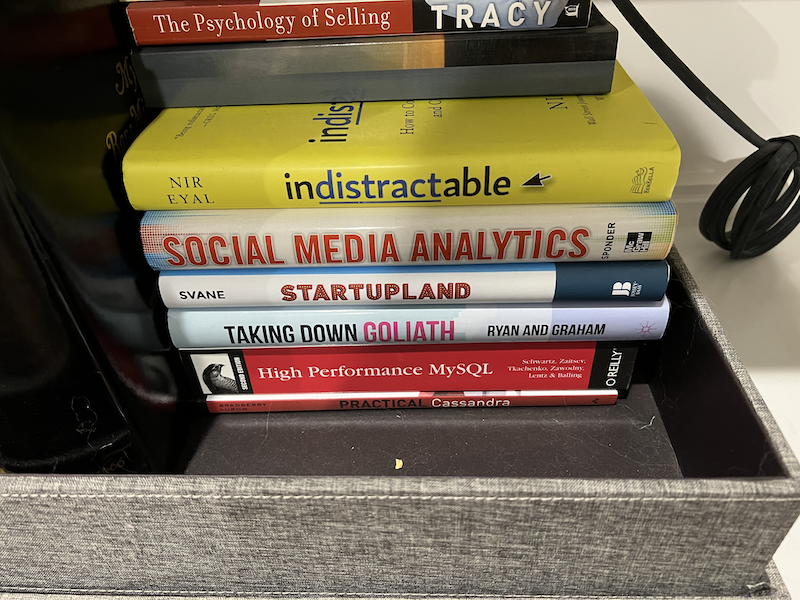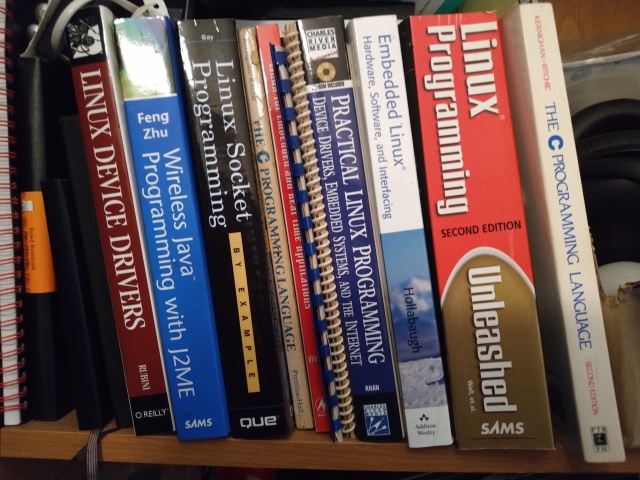I’m working on a blog post about this topic. I’d love to hear your suggestions!
- What book(s) should someone read to come up to speed?
- Why do you recommend that one?
Note that the books don’t have to be peculiar to Redis. For example, someone suggested Designing Data-Intensive Applications because “It’s a great general purpose guide to data storage technologies, why people use the different things, a great dose of historical context, and similar.”
Or to put it another way: What book do you wish you’d read before you got started?


